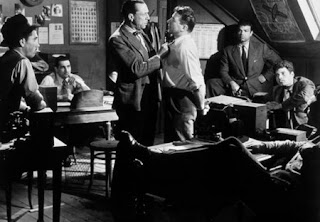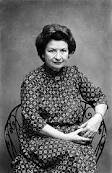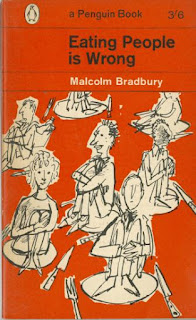Endings and beginnings
 |
| Anne Boleyn |
Bring up the bodies doesn't work brilliantly well as a sequel. Cromwell is a rather different man from that we discovered in Wolf Hall. He is nearer the version that most of us have grown up with - a self-serving politico with an eye to the main chance. Gone is the Cromwell who appeared to love Jane at least a little, the family man in mourning for his wife and daughters; here is the apparatchik who will do anything to maintain his place in society. And yet, dislikeable character as he may be, Mantel manages to build and hold your sympathy for this man, in a quite remarkable way. Not least because she's expert in suggesting what may have been his motivation, which leads you to think about Cromwell from a rather different viewpoint.
If Bring up the bodies is not the best sequel you've ever read, it probably will be one of the best novels you've ever read. Mantel's English is beautiful, she enfolds you in a luxurious web of words that is neither cod-Tudor nor quite modern English, but somewhere in between: "England in winter: the pall of sliding snow...smothering tile and gable, slipping silent over window glass; feathering the rutted tracks, weighting the boughs of oak and yew, sealing the fishes under ice and freezing the bird to the branch." A fitting reflection of Tudor society on the cusp of the modern world and yet still medieval, still other. And such poetic beautiful language.
It has a compulsively readable plot, dragging you into the grim world of political rivalry, gossip and backstabbing, jealousy and vengeance. As the story headed towards its inevitable conclusion I was gripped. And not just gripped by the novel itself. Mantel is excellent at making you look at history with new eyes. I had always noticed Henry's influence on his daughter Elizabeth I (one of my heroines), I had never seen what she inherited from her mother - her flirtatiousness, her gift for winding men round her little finger (ultimately disastrous for Anne, but essential in how Elizabeth maintained her throne). She also learned from her mother's mistakes, became a queen of manipulation, and never ever forgot that gossip could bring down a queen.
There is one more novel to go in Mantel's Cromwellian set. I don't think it can get any better than the beautiful and ghastly Bring up the bodies, but then I didn't think you could improve on Wolf Hall...









Comments